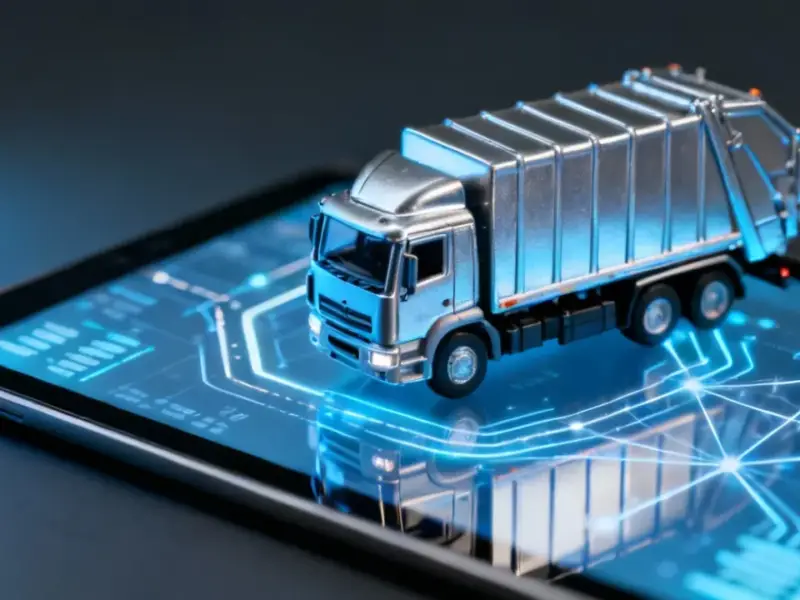According to AppleInsider, Apple removed the ICEBlock app from the App Store following pressure from U.S. law enforcement agencies. The app allowed users to anonymously mark ICE sightings on a map, with reports expiring after four hours and no user communication features. Apple stated the removal was based on “safety risks” identified by law enforcement, though the app itself wasn’t illegal. This decision highlights the complex relationship between private tech platforms and government influence, occurring in early 2025 amid ongoing debates about digital free speech. The ACLU has raised concerns about how Apple’s control over iOS app distribution creates potential for government abuse of power.
First Amendment basics
Here’s the thing about free speech in America: it only protects you from government censorship. On public property like parks or sidewalks, you can say pretty much whatever you want without fear of government retaliation. But step onto private property—whether it’s a shopping mall, a restaurant, or yes, even a digital platform like the App Store—and those protections vanish. The First Amendment simply doesn’t apply to spaces the government doesn’t control.
App Store reality
So where does that leave Apple? Basically, they can remove pretty much any app they want for pretty much any reason. Violating guidelines? Gone. Too controversial? Removed. Government pressure? Well, that’s where it gets tricky. Apple isn’t legally required to keep ICEBlock available, just like they weren’t required to keep Fortnite when it skirted their 30% commission. But when the government leans on a private company to remove something that’s not actually illegal, we’re entering dangerous territory.
Jawboning concern
The real issue here is what legal experts call “jawboning”—when the government uses informal pressure rather than legal authority to get private companies to do what it wants. And it’s happening more than you might think. As the ACLU points out, when you only have one way to distribute apps to iPhones, that creates a single point of failure that governments can exploit. Think about it: if an app disappears from the App Store, it’s effectively gone for 99% of iPhone users.
Precedent problem
What worries me most is the precedent this sets. Today it’s an immigration tracking app that some officials don’t like. Tomorrow it could be an app from a news outlet critical of the government, or an organizing tool for protesters. Apple’s walking a tightrope here—they want to maintain good government relations while not becoming an extension of state censorship. But when they remove apps based on government “safety concerns” rather than actual law violations, they’re essentially doing the government’s dirty work without the legal oversight that should accompany such actions.




